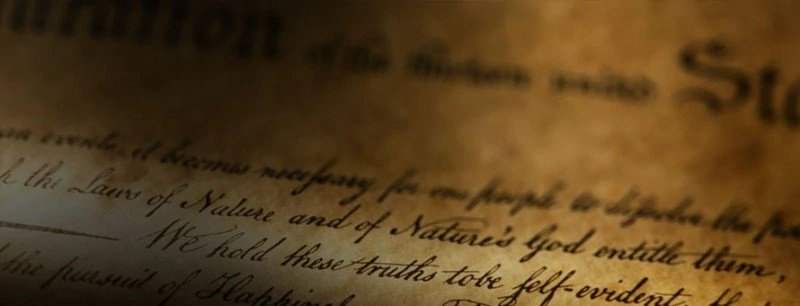
Preserve and Pass Down Our History with a Master’s in Public History Online Degree
Protect historical artifacts and communicate cultural narratives by earning your online Master of Arts in History with a concentration in Public History degree from University of Michigan Science. In the master's in public history online program, you'll learn to create historical preservation and outreach initiatives that integrate deep content knowledge and technological savvy to educate and empower individuals and groups.
Your skill set will include the management, preservation, and interpretation of historical records and artifacts. You'll be prepared to lead museum and historical society work, community history projects, preservation programs, and local and federal research projects.
See Yourself Succeed in Public History
The master’s in public history online degree program will deepen your knowledge of the process of "making" history through analyzing historical scholarship, crafting written communications and defending the relevance of the past as it pertains to making informed decisions about the future. You'll emerge not only with up-to-date knowledge, but also with the research, writing and critical-thinking skills to work in a variety of fields where today’s real world meets meaningful interpretations of the past.
As a private, nonprofit university, UMS has one mission – to help you see yourself succeed. The benefits of enrolling in the history graduate program at UMS include:
- Affordability. Take advantage of some of the most affordable tuition rates in the nation
- Convenience. Attend class when it’s convenient for you – online education means 24/7 access
- Efficiency and flexibility. Complete your graduate program in as few as 15 months, with two courses per 10-week term
- Expert instruction. Learn from instructors with relevant, real-world experience
- Minimal requirements. No GMAT or GRE required for admission
- Networking. Tap into our nationwide network of alumni for tips and career opportunities
- Student support. Count on the ongoing support of dedicated academic and career advisors specialized in your area of study
Career Outlook
Without historians, there would be no history. Writing it, preserving it and applying it are integral to a surprising number of professions. The U.S. Bureau of Labor Statistics reports that most historians work in government agencies, while others work in museums, archives, historical societies, publishing houses, research organizations and consulting firms.
Careers for public history master’s degree-holders include archivists, editors, educators, information managers, journalists, librarians, records managers, researchers, and historians for corporations and nonprofits.
Curriculum
The master’s in public history online program strengthens critical research and writing skills. After completing the master's in history core, you'll take five public history courses and complete a capstone experience that results in a public history project.
Courses May Include
Program Outcomes
- Develop professional skills as a public historian that are applicable to a wide range of historical projects and research in real-world contexts
- Develop professional skills as a public historian that are applicable to a wide range of historical projects and research in real-world contexts
- Evaluate the importance of integrity, accountability, and transparency for public historians as community builders, civil servants, and recipients of the publics trust
- Develop sophisticated interpretations of history that are substantiated by cogent syntheses of appropriate primary and secondary sources
- Analyze historical scholarship for its credibility, methodologies, biases, and potential implications with a professional level of objectivity and precision of thought
- Craft written communications that are effectively tailored to one's audience, exhibit an economical command of language, and accurately apply appropriate styles and conventions
- Articulate and act in accordance with an ethical system that incorporates the societal responsibilities entrusted to historians as the caretakers of our collective narratives and cultural identities
- Defend the essential relevance of the past for making informed decisions in the future by promoting transparency in the interpretation of historical truth
- Employ information systems, quantitative reasoning, and emerging technologies in the innovative preservation, organization, assessment, and dissemination of historical knowledge


